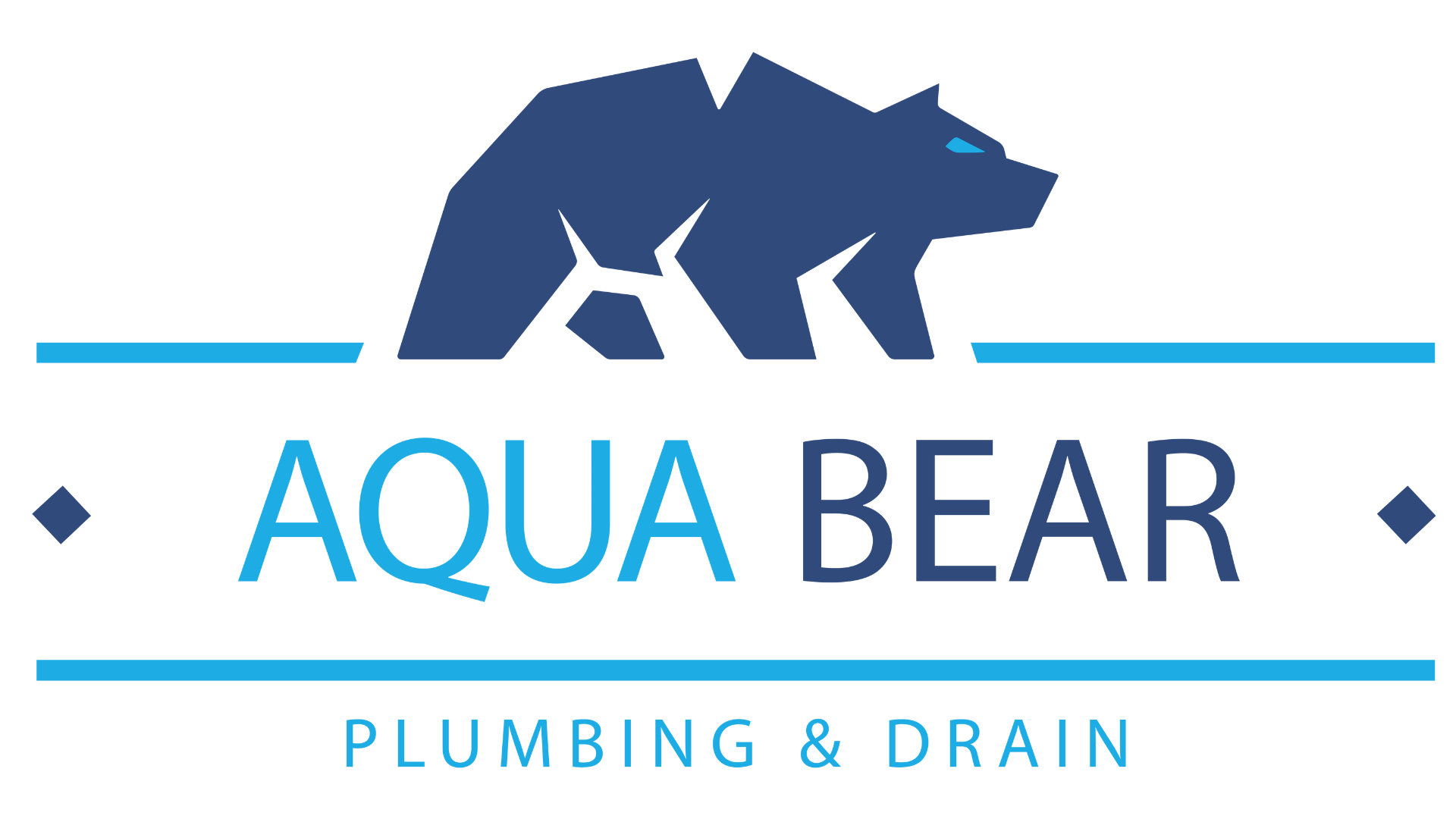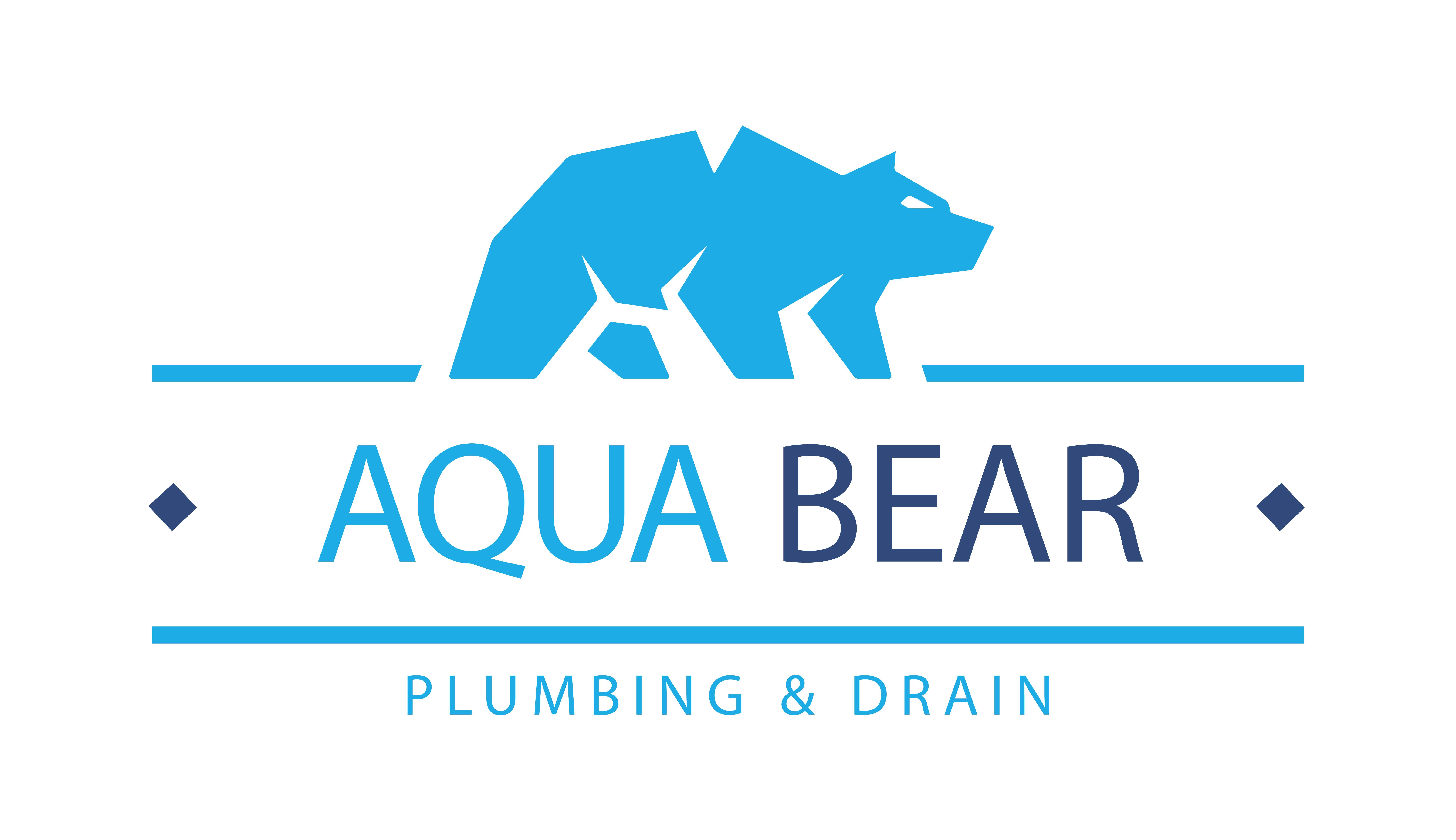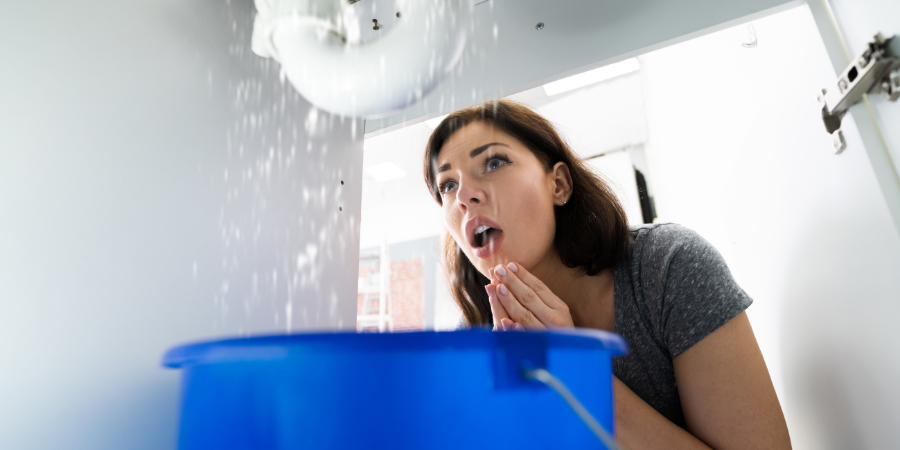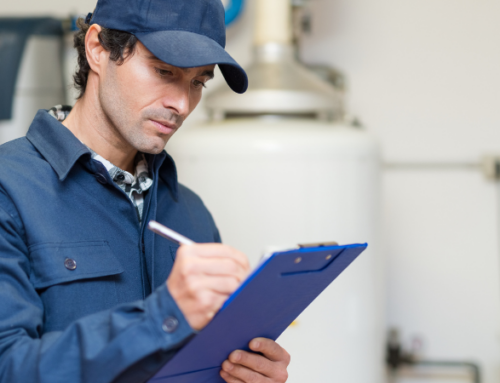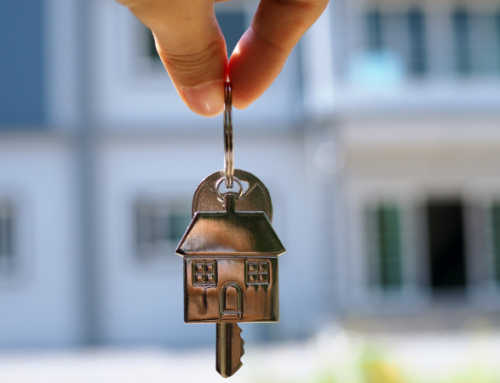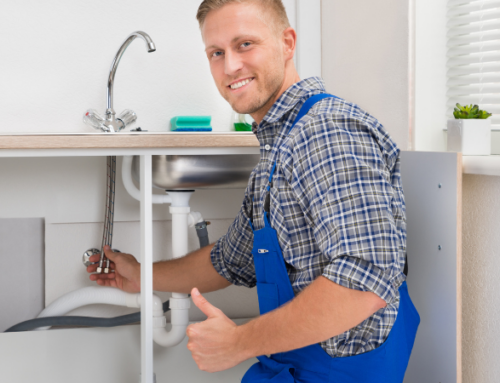Common Causes Of A Flood
There are several reasons why a plumbing pipe becomes compromised. Old and outdated plumbing systems and even modern systems that do not receive ongoing preventative maintenance are at risk of leaking and bursting. Here are some other situations that can lead to problems.
Malfunctioning Appliances And Fixtures
One of the leading causes of indoor flooding is malfunctioning appliances, and more frequently than not, those appliances are the washing machines and their inlet hoses. Other common culprits are the dishwasher, the water heater, and the toilet.
Leaking Or Burst Pipes
Several circumstances can lead to leaky pipes. Old, outdated plumbing has seen its share of wear and tear, and where pipe sections are joined is often loose and unable to maintain a tight fit.
Changes in water pressure can also contribute to pipe failures. Very high pressure strains the pipe interiors and fittings, whereas low-pressure water is often attributed to dirty and clogged pipes, restricting water flow and leading to leaking or bursting. A common reason for clogs is years of mineral buildup and rust particles in metal piping. Following years of use, this corrosive material destroys the interiors of pipes, leaving them vulnerable to failure.
Aging Hot Water Heater
Traditional water heaters operate by storing and heating water so it is available when needed. Any malfunction with the heater can cause the pressure inside the tank to become so great the pipes leading into and out of the tank can leak. If the pressure becomes too great, the storage tank can explode, flooding your home and leaving a river of destruction.
A faulty thermostat that does not read the water temperature correctly, an aging heater, a tank full of rust, and high mineral content in the water are some reasons why a tank may burst.
Clogged Sewer Line
Sewer lines carry wastewater from your home to keep it sanitary. When a sewer line becomes blocked, the sewage can no longer travel through the pipe and, if the blockage is severe enough, will reverse direction and spew out of indoor drains. This type of flood can create costly repairs and threaten the safety of those in contact with this wastewater. Even breathing in the fumes of wastewater can cause some individuals to become sick.
A blocked sewer line is a severe plumbing emergency that should only be handled by an experienced plumber.
The Effects Of An Indoor Flood
As stated, a leaking or burst pipe can create unhealthy conditions and serious structural damage to a home. Here, we will look deeper into the potential consequences of burst or leaking pipes.
Contaminated Fresh Water Supply
The freshwater supply in your home can become contaminated in several ways. Rust and corrosion can add particles to the water, making it unsavory to drink. Loose fittings may introduce bacteria, pathogens, heavy metals, and other pollutants to your water.
Sewage backups can force wastewater to enter the freshwater supply, contaminating the water supply. Without proper safeguards, cross-connection risks and the likelihood of leaking pipes increase.
Mold And Mildew
A serious byproduct of flooding is the growth of mold and mildew. Flood waters seep into the tiniest areas where darkness and lack of airflow promote this growth. If mold is present, it can lead to rashes, asthma attacks, coughing, congestion, and other respiratory problems.
Building materials are ideal agents that support mold growth. Paper, ceiling tiles, drywall, insulation, and wood infrastructures feed certain types of mold, while carpets, draperies, furniture, and other fabrics hold onto mold spores, allowing them to multiply.
Ruined Possessions
Nothing is more upsetting than seeing your prized possessions floating in a sea of water. Water damage is one of the leading causes of insurance claims, creating damages far beyond what is initially apparent. A burst washing machine hose can destroy hardwood floors and carpeting, and even items untouched by flood waters can be affected by the excess moisture they absorb through the air.
Decaying Infrastructures
Flood waters, as stated, will be absorbed by the surrounding building materials until saturated and can destroy a home’s very substructure, especially when leaks start small and are hidden behind walls. The damages can be so severe that inhabitants may need to move out temporarily so the subflooring and damaged walls and ceilings can be repaired.
Preventing An Indoor Flood
While there is no fool-proof way to guarantee a leaking or burst pipe will not be in your future, there are steps homeowners can take to minimize this risk. Here we suggest four solutions worth investing in.
Regular Plumbing Inspections
Some homeowners ignore regularly scheduled plumbing inspections, believing they only benefit the plumbing company conducting them, but this cannot be further from the truth. A reliable and trustworthy plumber will use the plumbing inspection to look for early signs of problems and devise solutions to prevent more significant issues from developing. Small leaks can be repaired, and outdated pipes can be replaced, saving you from filing a flood insurance claim and dealing with the headaches destined to follow.
Backflow Devices
Installation of backflow devices will ensure that wastewater flows in only one direction, which is out of your home. The cross-contamination issues will be eliminated, as will the prospect of raw sewage entering your indoor drains. Backflow inhibitors are simple to install, and the benefits are worth the investment.
Sump Pump
Sump pumps are comprised of a collection basin and a pump. Excess water is collected in the storage basin until it reaches a certain level, and then the pump is triggered, and the flood water is pumped to the outside. In case of a leak or burst pipe, a sump pump is a protective device to prevent costly damages and flooding.
Water Detection Devices
Water detection devices should be installed near water using appliances and plumbing fixtures throughout your home. These devices monitor water flow and can detect when water is flowing in areas where it should not be. This way, when a plumbing disaster occurs, you will be notified via an alarm or a device such as your computer or phone that a flood is in progress.
What To Do If Your Home Is Flooded
Minimizing the amount of water entering your home should be your #1 priority following a flood disaster. Here are the steps to minimize the leaking or burst pipe damage.
Locate Shutoff Valve
Every home has a main shutoff valve where the water supply enters the home. Educate yourself on where this valve is and test it yearly to ensure it is easy to operate and is functioning properly.
Some plumbing fixtures and appliances have individual shutoff valves that can be activated to stop water flow to one fixture, such as a sink or toilet. Ask a professional about adding shutoff valves to appliances and fixtures that do not currently have them.
Call An Emergency Plumber
Once the water flow has been stopped, the next step is to call for emergency services. A professional plumber can quickly assess the damages and devise a solution to correct whatever led to the flooding in the first place.
Prepare So It Doesn’t Happen Again
Once you suffer through a flood, you will want to be prepared. The first step is to raise your hot water heater and other appliances off the floor so they will be less likely to become damaged.
Installation of floor drains is a wise option, mainly if your laundry area is on the second floor. A burst water supply line while you are out of town can destroy a home within a few hours.
Install easy-to-operate shutoff valves on all water-using appliances so that you can quickly turn the water supply off to individual products when an emergency situation arises, limiting the amount of water being funneled onto your floors.
Enroll In Regular Plumbing Inspections
Preparation is the key to success, and nothing prepares your plumbing system better than having it inspected yearly by a trained set of eyes.
Looking To Minimize The Chance Of Leaking And Burst Pipes?
A carefully orchestrated system to protect your home and its inhabitants should include regularly scheduled plumbing inspections by a plumber with expertise who cares about the safety and comfort of their customers.
We provide plumbing inspections to our valued customers who rely on our experience to locate and repair plumbing issues so the chance of a leaking or burst pipe is reduced and their peace of mind is secured. Call us to schedule a plumbing inspection today!
